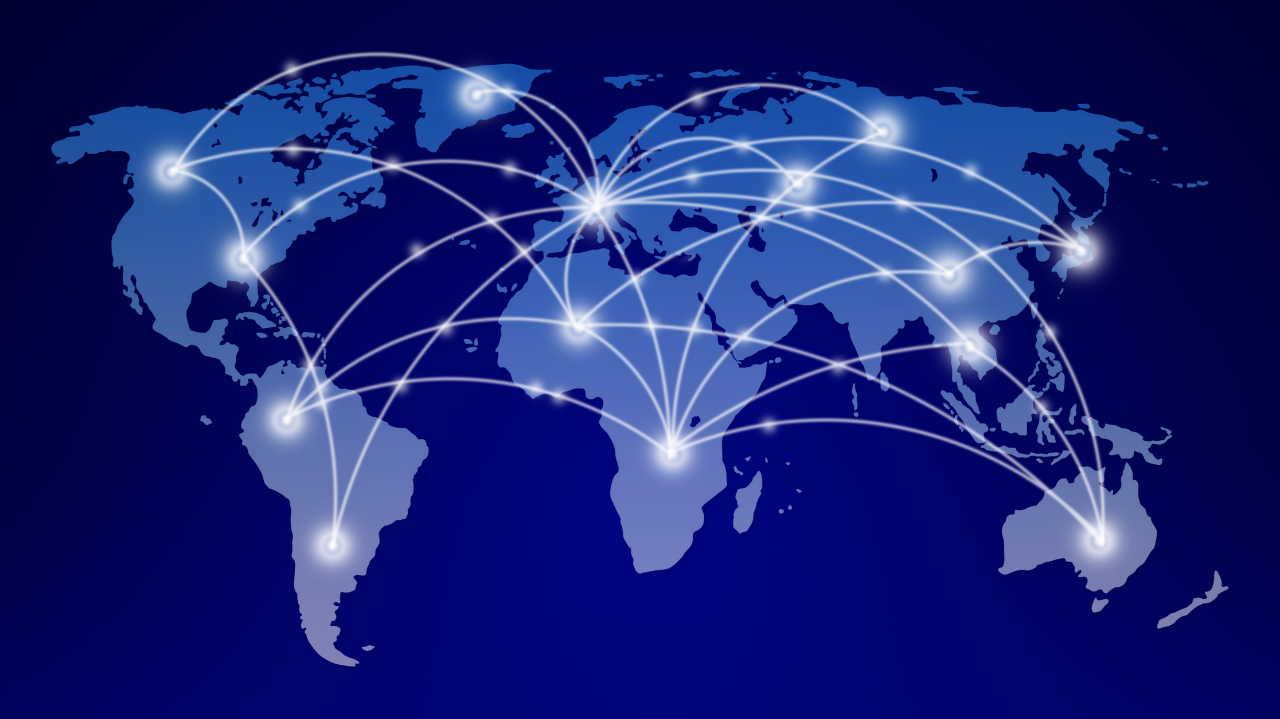
Global connect for Bill of Lading (BL) issuance and document banking refers to the process of using digital and electronic systems to streamline and automate the issuance, transfer, and management of BLs and related documents across international trade, including banks involved in trade finance. This involves leveraging digital platforms and standards like eBLs (Electronic Bills of Lading) to reduce paper-based processes and enhance efficiency, security, and speed in international shipping and trade finance.
1. Bill of Lading (BL) and its Role:
• A BL is a legal document issued by a carrier (shipping company) to a shipper
(exporter) acknowledging receipt of goods for shipment and outlining the terms of
carriage.
• It serves as a receipt for the goods, a contract of carriage, and a document of title,
meaning the holder of the BL has the right to claim the goods at the destination.
• BLs are crucial in international trade, especially when using letters of credit, as they
are a key document in the payment process.
2. The Need for Global Connect:
• Traditional paper-based BLs and document-handling processes can be slow,
cumbersome, and prone to errors, especially in international trade involving multiple
parties and countries.
• The need for “global connect” arises to improve efficiency, security, and
cost-effectiveness in the global supply chain.
• This includes the issuance, transfer, and management of BLs, as well as related
documents like commercial invoices, packing lists, and insurance documents.
3. Electronic Bill of Lading (eBL) and Digitalization:
• eBLs are digital versions of traditional paper BLs, offering a more secure, efficient, and
faster alternative.
• They enable the electronic transfer of ownership rights, reducing the need for physical
documents and the associated risks of loss or fraud.
• eBLs are typically issued and managed through digital platforms and standards, such
as those developed by the Digital Container Shipping Association (DCSA).
4. Documents Banking and Trade Finance:
• In trade finance, banks play a crucial role in facilitating international payments by
verifying and handling documents related to the transaction.
• Documentary credits (letters of credit) require the presentation of specific documents,
including the BL, to ensure payment is made only after the successful completion of the
trade.
• Digitalization of BLs and related documents allows banks to streamline the verification
process, reduce paperwork, and speed up the payment cycle.
5. Benefits of Global Connect:
• Increased efficiency:
Faster document processing, reduced delays, and improved supply chain visibility.
• Reduced costs:
Lower printing, storage, and handling expenses associated with paper-based
processes.
• Enhanced security:
Digital platforms and blockchain technologies can enhance the security and integrity of
BLs and related documents.
• Improved accuracy:
Digitalization minimizes the risk of errors and discrepancies in document handling.
• Greater transparency:
Streamlined processes and improved data sharing enhance transparency across the
supply chain
© 2025 Aarya All rights reserved